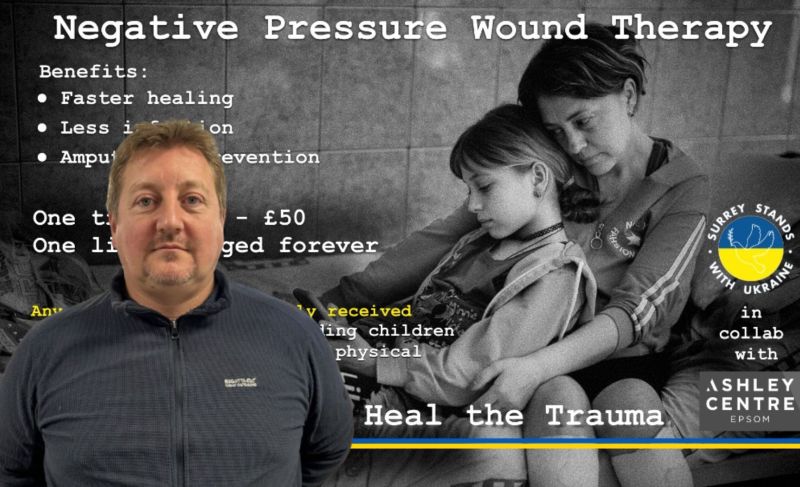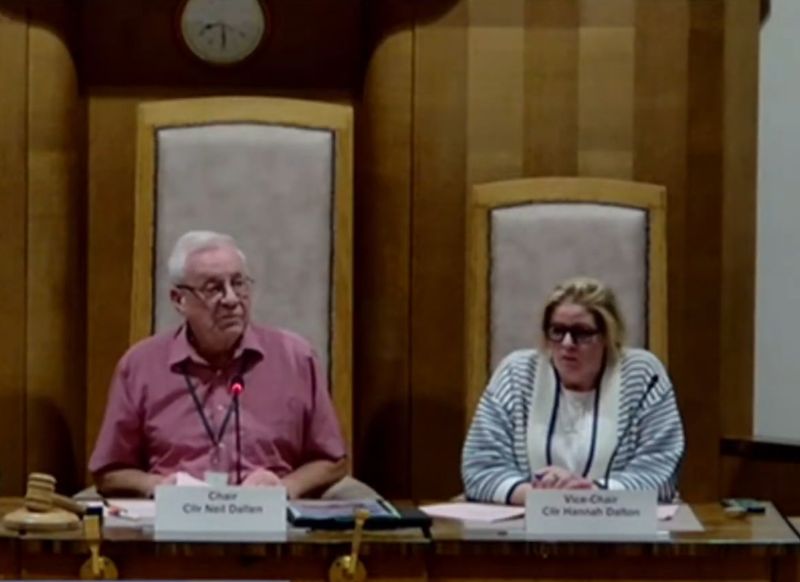An independent view on Epsom and Ewell Council’s future
Epsom and Ewell Times has invited representatives of The Residents Association, Liberal Democrats, Labour and Conservative Party to share their policies on local government reorganisation. But today we publish newly independent Councillor Alex Coley’s viewpoint.
Devolution to the middle
Just before Christmas the government in Westminster announced it would be reorganising local government by abolishing the lower tier of councils like Epsom & Ewell, in the name of devolution. From Whitehall’s perspective, power will be devolved down to new, larger unitary councils across much bigger geographic areas. From the perspective of residents power is going up, up and away. For balance, let’s call it devolution to the middle.
Dissolution from the Ministry
There exists a patchwork quilt of small councils dotted across England like needlework, playing a unique role that dilutes and moderates the big, concentrated politics of national government. They represent the interests of local residents while collecting the bins, planning for housing and keeping the streets clean and tidy.
These councils and their councillors represent a range of political control that serves as the final layer of pluralist democracy with the greatest proximity to reality. The English don’t like being ‘done to’ and the lower tier of councils which are closest to residents operate like a kind of natural filter against the sometimes harmful UV rays of Whitehall bright ideas. It’s a kind of self-regulating eco-system that looks messy and manic under the microscope but serves an important purpose in the good governance and democratic health of the nation.
Duopoly
The higher up you go with government the more it becomes a two party system. At the lower level, where residents experience local government most acutely, there’s a huge range of political views openly held and discussed. Councillors are local people who live in the neighbourhood and know it really well and they know the local people really well too. Those local relationships are more important than the party flag.
That will be lost as the whole sector gets shrunk to a handful of people operating across much larger areas at a much higher level; as the obedient servants of one of two political parties. Soon, whole swathes of the country will be concentrated for or against the government of the day. There will be very visible winners and losers at each general election and no patchwork quilt to dilute and moderate the bright ideas which make for good headlines but poor outcomes.
Bigger is not always better
Are we heading for an American style two-party state with no spectrum of voices or views? Or will it be more like King John and the barons across 12 mayoralty strategic authorities; a conspiracy against the public?
I believe that three unitaries in Surrey could work. A lot will depend on retaining some plurality of political groups and an affinity between voters and their elected representatives that goes beyond a party flag. I welcome reformation, and change is a constant, but we must keep democracy close to the people at a local level. Bigger is not always better.
I’ve done considerable research on the options in THIS REPORT, which I hope your readers will take the opportunity to read.
Cllr Alex Coley
Epsom & Ewell Borough Council
Ruxley Ward Councillor
Related reports:














